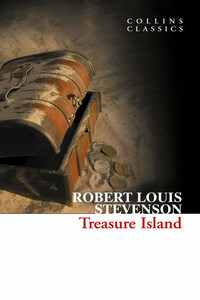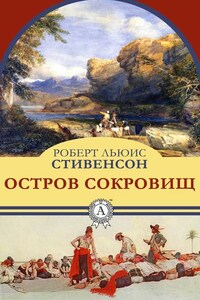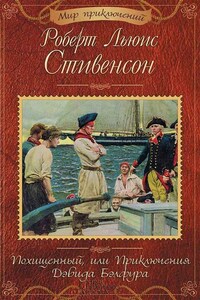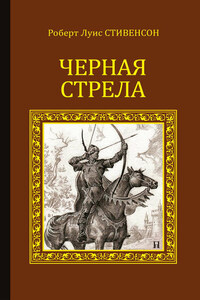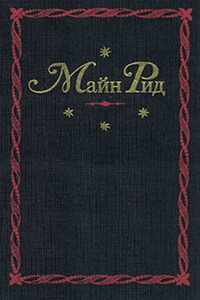In 1819, Millworker William Collins from Glasgow, Scotland, set up a company for printing and publishing pamphlets, sermons, hymn books and prayer books. That company was Collins and was to mark the birth of HarperCollins Publishers as we know it today. The long tradition of Collins dictionary publishing can be traced back to the first dictionary William published in 1824, Greek and English Lexicon. Indeed, from 1840 onwards, he began to produce illustrated dictionaries and even obtained a licence to print and publish the Bible.
Soon after, William published the first Collins novel, Ready Reckoner, however it was the time of the Long Depression, where harvests were poor, prices were high, potato crops had failed and violence was erupting in Europe. As a result, many factories across the country were forced to close down and William chose to retire in 1846, partly due to the hardships he was facing.
Aged 30, Williamâs son, William II took over the business. A keen humanitarian with a warm heart and a generous spirit, William II was truly âVictorianâ in his outlook. He introduced new, up-to-date steam presses and published affordable editions of Shakespeareâs works and Pilgrimâs Progress, making them available to the masses for the first time. A new demand for educational books meant that success came with the publication of travel books, scientific books, encyclopaedias and dictionaries. This demand to be educated led to the later publication of atlases and Collins also held the monopoly on scripture writing at the time.
In the 1860s Collins began to expand and diversify and the idea of âbooks for the millionsâ was developed. Affordable editions of classical literature were published and in 1903 Collins introduced 10 titles in their Collins Handy Illustrated Pocket Novels. These proved so popular that a few years later this had increased to an output of 50 volumes, selling nearly half a million in their year of publication. In the same year, The Everymanâs Library was also instituted, with the idea of publishing an affordable library of the most important classical works, biographies, religious and philosophical treatments, plays, poems, travel and adventure. This series eclipsed all competition at the time and the introduction of paperback books in the 1950s helped to open that market and marked a high point in the industry.
HarperCollins is and has always been a champion of the classics and the current Collins Classics series follows in this tradition â publishing classical literature that is affordable and available to all. Beautifully packaged, highly collectible and intended to be reread and enjoyed at every opportunity.
Robert Louis Stevenson could be described as a career novelist. That is to say, he fashioned himself as a story teller and wrote as much as he humanly could for his rather short life, which ended aged 44. He wrote a dozen novels and a number of collections of short stories. Stevenson is best known for two books that fall into entirely different genres: Treasure Island (1883) and The Strange Case of Dr Jekyll and Mr Hyde (1886). The former was his first novel and the one that put him on the literary map at the age of 33. Stevenson was beset by ill health, so writing became an escape while convalescing. In this instance he took himself away to the high seas to a world filled with lawless pirates, intent on finding buried treasure.
The clichéd image of the fictional 19th-century pirate was born with Treasure Island. Stevenson put together a collection of pirate characteristics in Long John Silver and his crewmen, which have become standards used in many other pirate stories since. However, Stevensonâs pirates were not charismatic and engaging rogues or anti-heroes. They were seagoing outlaws and villains, driven by selfishness and greed, and readily willing to kill.
Parallels have been drawn between Long John Silver and Robin Hood, but the former has no loyalty in his band of men and is not motivated by a desire to help anyone. On the contrary, he only uses the other pirates for his own ends and turns his back when he no longer needs their protection.
The Strange Case of Dr Jekyll and Mr Hyde is entirely different. Treasure Island is essentially a boyâs adventure story, while this novel investigates the disturbing psychology behind split personality disorder, or schizophrenia. In Victorian times, there was an inevitable religious overtone to the interpretation of psychological conditions, so Stevenson saw the dual personality of Dr Jekyll and Mr Hyde as a conflict between the good and evil sides of the personality. The implication being that we all suffer a similar conflict, but this case was heightened and amplified by Dr Jekyll imbibing a drug potion. In fact, there is such a pronounced change in personality that Dr Jekyll alters in appearance and posture when he metamorphoses into Mr Hyde.
It seems likely that the drug potion used by Dr Jekyll is representative of opium, which was taken in opium dens in London in the late Victorian era. At first the potion enables him to switch from one persona, or alter ego to the other at will. However, the dosage is increased until he can no longer control the situation and Mr Hyde becomes all consuming. In effect, the subconscious animal mind overpowers the conscious human mind, because his primal needs and desires are allowed to develop and grow.
